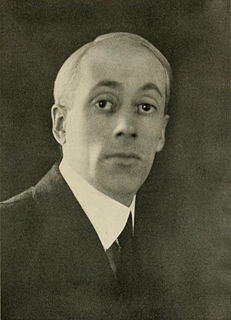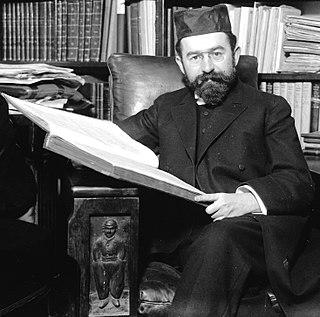A Quote by Edmund Burke
Prejudice renders a man's virtue his habit, and a series of unconnected arts. Though just prejudice, his duty becomes a part of his nature.
Related Quotes
Prejudice is of ready application in the emergency; it previously engages the mind in a steady course of wisdom and virtue, and does not leave the man hesitating in the moment of decision, skeptical, puzzled and unresolved. Prejudice renders a man's virtue his habit; and not a series of unconnected acts. Through past prejudice, his duty becomes part of his nature.
Nature never rhymes her children, nor makes two men alike. When we see a great man, we fancy a resemblance to some historical person, and predict the sequel of his character and fortune, a result which he is sure to disappoint. None will ever solve the problem of his character according to our prejudice, but only in his high unprecedented way.
He who gives himself to a lover because he is a good man, and in the hope that he will be improved by his company, shows himself to be virtuous, even though the object of his affection turn out to be a villain, and to have no virtue; and if he is deceived he has committed a noble error. For he has proved that for his part he will do anything for anybody with a view to virtue and improvement, than which there can be nothing nobler.
Consider prejudice. Once a person begins to accept a stereotype of a particular group, that "thought" becomes an active agent, "participating" in shaping how he or she interacts with another person who falls in that stereotyped class. In turn, the tone of their interaction influences the other person's behaviour. The prejudiced person can't see how his prejudice shapes what he "sees" and how he acts. In some sense, if he did, he would no longer be prejudiced. To operate, the "thought" of prejudice must remain hidden to its holder
Remus Lupin was supposed to be on the H.I.V. metaphor. It was someone who had been infected young, who suffered stigma, who had a fear of infecting others, who was terrified he would pass on his condition to his son. And it was a way of examining prejudice, unwarranted prejudice towards a group of people. And also, examining why people might become embittered when they're treated that unfairly.
Man's knowledge of science has clearly outstripped his knowledge of man. Our only hope of making the atom servant rather than master lies in education, in a broad liberal education where each student within his capacity can free himself from trammels of dogmatic prejudice and apply his educational accoutrement to besetting social and human problems.
God, Who is by nature good and dispassionate, loves all men equally as His handiwork. But He glorifies the virtuous man because in his will he is united to God. At the same time, in His goodness he is merciful to the sinner and by chastising him in this life brings him back to the path of virtue. Similarly, a man of good and dispassionate judgment also loves all men equally. He loves the virtuous man because of his nature and the probity of his intention; and he loves the sinner, too, because of his nature and because in his compassion he pities him for foolishly stumbling in darkness.
He is not the soul of Nature, nor any part of Nature. He inhabits eternity: He dwells in a high and holy place: heaven is His throne, not his vehicle, earth is his footstool, not his vesture. One day he will dismantle both and make a new heaven and earth. He is not to be identified even with the 'divine spark' in man. He is 'God and not man.










































